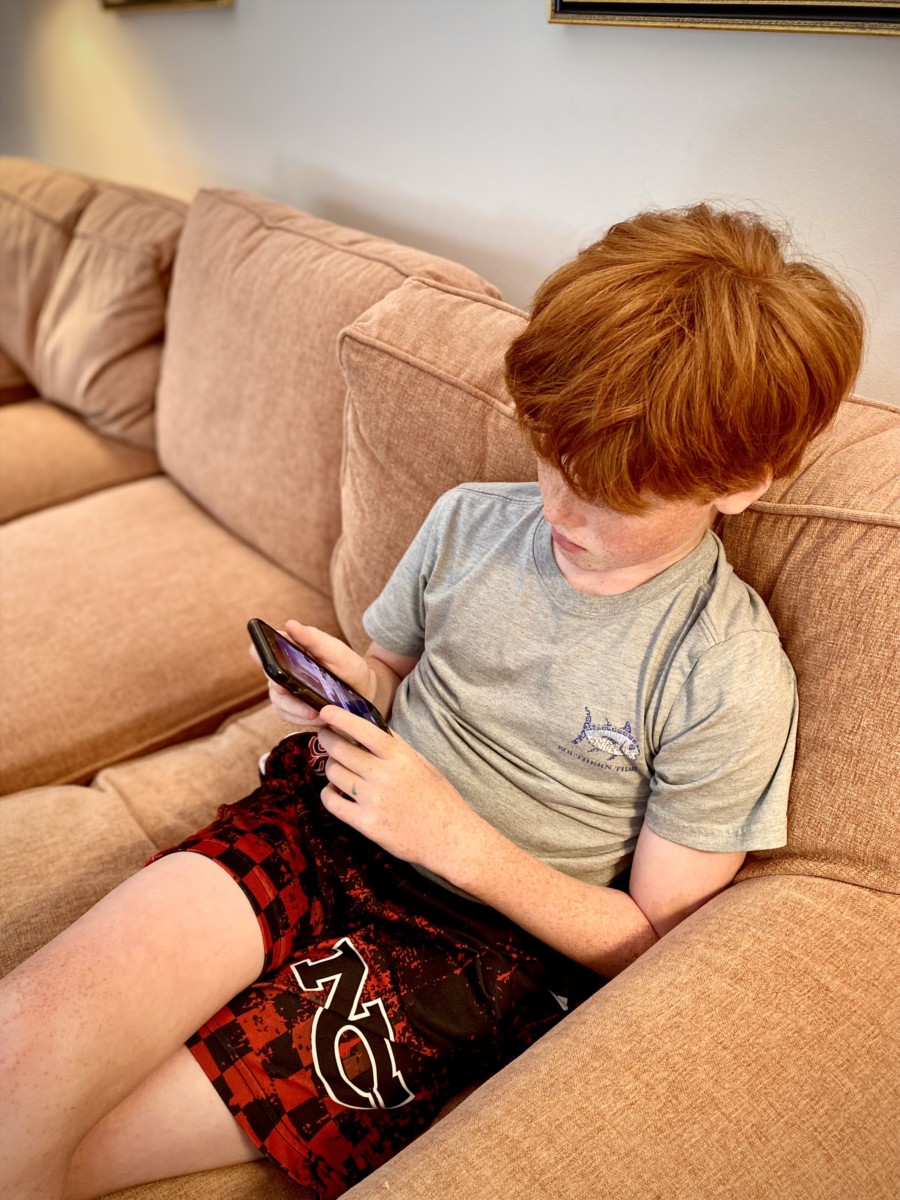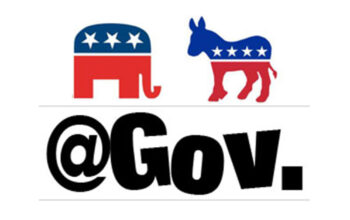Catherine Burges, Editor-in-Chief
@cburges_courant
I got Instagram at 13 years old. I remember thinking that I was one of the early birds. Looking at some of my archived posts from those years brings floods of embarrassment, as I literally had no clue what I was putting out on the internet at that young age.
Now, I am watching as my 12 year old brother becomes absorbed in Snapchat and TikTok. Fortunately Instagram isn’t on his radar, despite many of his friends already being on the app regardless of its 13 year old age requirement. However, it was revealed in March that Facebook was planning on developing an “Instagram for Kids,” aka, a social media platform with suitable content and safety measures that would be appropriate for kids under the age of 13. This received immense backlash from multiple politicians on both the Democratic and Republican standpoint, who claim that Instagram is unsuitable for kids and promotes poor mental health, low self esteem, and even safety and privacy risks. In fact, the National Association of Attorneys General wrote a letter to Mark Zuckerberg on May 10 strongly urging Facebook to abandon the plan, citing research done by various sources. While they make a good point, they fail to recognize that many kids under age 13 simply lie about their age to bypass the system, and as there is no legal verification set up, some as young as 10 or even 9 years old are gaining access to these platforms and all that comes with it. Not only is their mental health at risk, but their physical safety has become a greater concern as well.
According to BYU, through annual surveys from 2009 to 2019 researchers, were able to track media use patterns and the mental health of 500 teens as part of the Flourishing Families Project. The studies show that girls who used social media from around 13 years old until emerging adulthood were at a higher clinical risk for suicide, with it noted that they were using social media at least 2 hours a day. While the research demonstrated a higher risk for girls, the claims still hold true for young boys. So here comes the question: is it better to develop more “kid-friendly” forms of social media, as inevitably they are going to bypass age restrictions and use the apps? Or will that encouraging an already too-early addiction to technology and social media? Programs like Youtube Kids and other programs designed for a younger audience tend to be less successful. Kids tend to gravitate towards more mature applications, unless constantly monitored by adults which in this day and age is far less likely. Yet by not creating alternative applications that focus primarily on being used by kids, the problem of adolescents still using social media platforms and being exposed to inappropriate content at such a young age still stands. Even when you look at TikTok, by debate one of the current most popular platforms. It started as a stage for producers to do music and dancing videos has become dark, where child predators, pornography, and cancel culture appears at its highest. I certainly don’t want my 12 year old brother exposed to that. It’s a matter of changing the mindset that has taken over our society; that technology and social media run our lives, and we must focus on protecting the coming generation from the dangers that lie within it.




